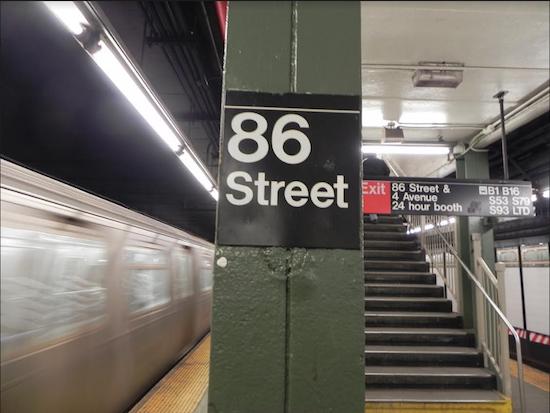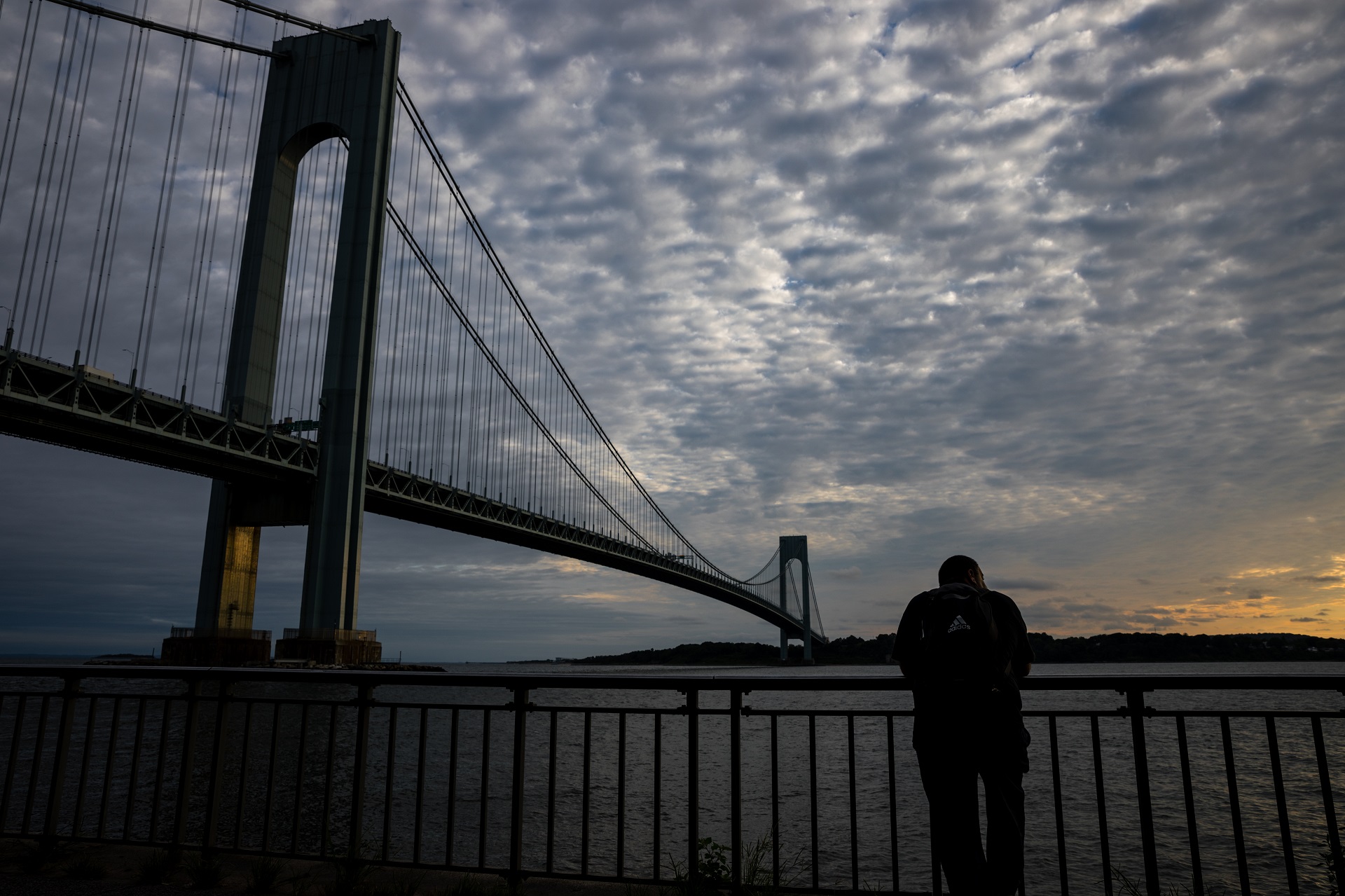MTA fare hike plan draws swift reaction
Riders Alliance pushes reduced Metrocard plan

It could cost more the ride the subway starting in March if the MTA adopts one of the two plans it presented last week. Eagle file photo by Paula Katinas
The announcement by the MTA that it will likely have to raise bus and subway fares in March drew shift reaction from transit advocates and lawmakers who pushed for lower-cost Metrocards for low-income New Yorkers and demanded that the agency get its fiscal house in order.
In the wake of the MTA’s Nov. 16 announcement, the Riders Alliance and the Community Service Society of New York (CSSNY) renewed their calls for Mayor de Blasio to implement half-priced MetroCards for low-income riders.
On Nov. 16, the MTA unveiled two options to increase the transit fares and bridge tolls.
